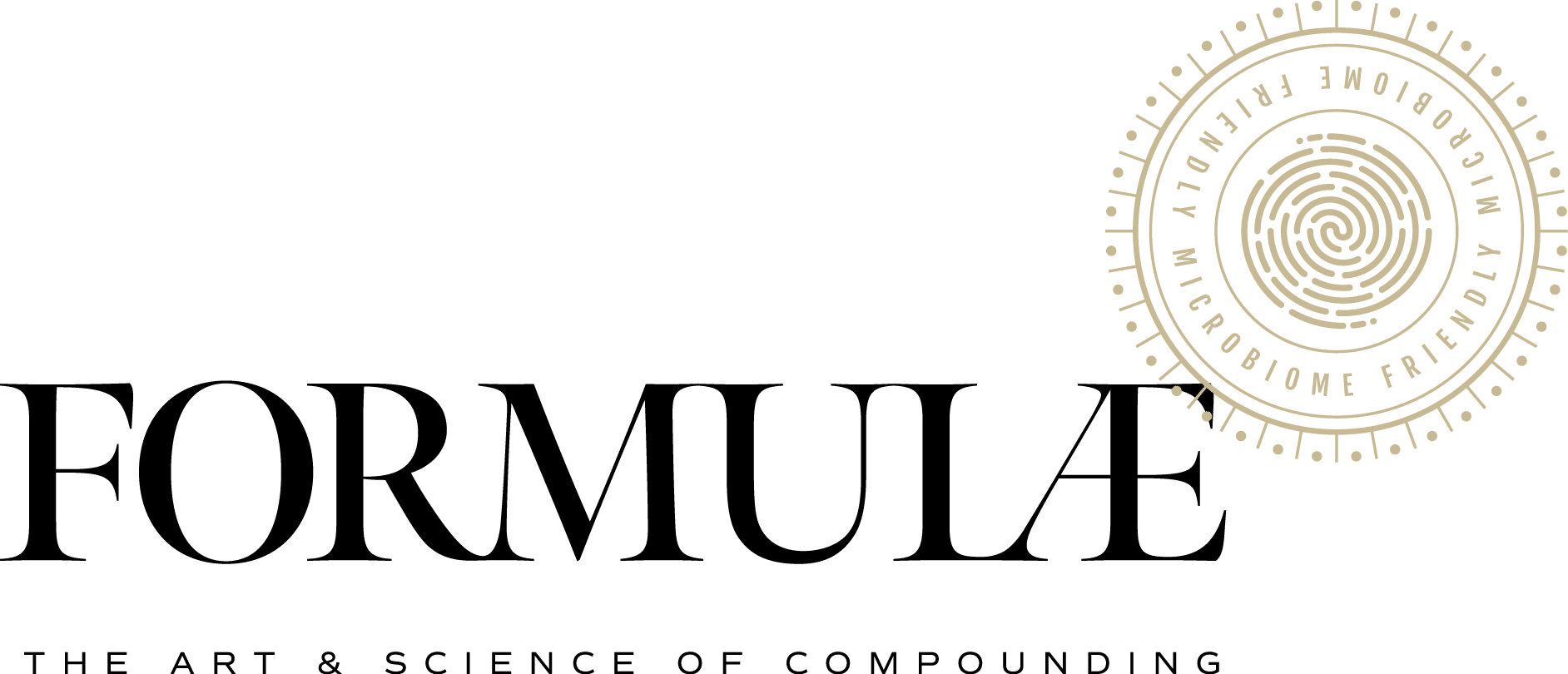By Ben Eshelby
Going back to when I first started practising pharmacy, there were a number of products that were nearly every pharmacist’s go-to’ when dealing with colds and flu. Initially, these were an antihistamine combined with a decongestant, which later became products separated into day and night formulations.
The reason these products worked so well at drying up a sniffle was because the antihistamine acted to stop the mucosal cells from making mucous and had a drying effect. The antihistamines with the drying effect had one big downside – they all had a major side effect of drowsiness. However, the decongestants used in these medicines had the opposite effect and they tended to counteract the sedative effect of the antihistamine. Thus, the products were drying to the nasal secretions but did not necessarily affect daytime functioning as much as an antihistamine by itself.
Unfortunately, the decongestants used in these preparations had a chemical structure that was quite similar to a number of illicit drugs and street chemists figured out how to chemically transform a decongestant into illicit drugs. Most people have seen the TV series Breaking Bad so we can leave that topic there…. So to cut a long story short, we no longer have easy access to good old fashioned cold and flu tablets. One could certainly take an antihistamine but it would be very sedating, and that’s not ideal for getting through the day.
So how do we dry up a runny nose without taking a sedative?
The answer is the way it is administered. When a drug is taken by mouth it is absorbed in the stomach and shunted via the bloodstream to every recess of the body’s circulatory system like a nutrient. Medicines may act differently in different parts of the body. In this instance, a medicine that acts at drying up the nose acts as a sedative agent in the brain. What we need to do is to ensure that the medicine only acts in the nose where it’s meant to.
One logical solution is to administer the drying agent directly to the nose and the best way to do this is via a nasal spray. Its effects will be focused on the nose and side effects will not be felt anywhere else.
At formulae, we personalise a number of different nasal sprays that may help dry up a sniffle – whether it be from allergy, colds and flu, chronic rhinitis or other medical issues. The best thing is, it won’t affect driving and won’t put you to sleep.
If you are looking for a non-drowsy cold and flu remedy that will dry up a runny nose, talk to one of our pharmacists.

